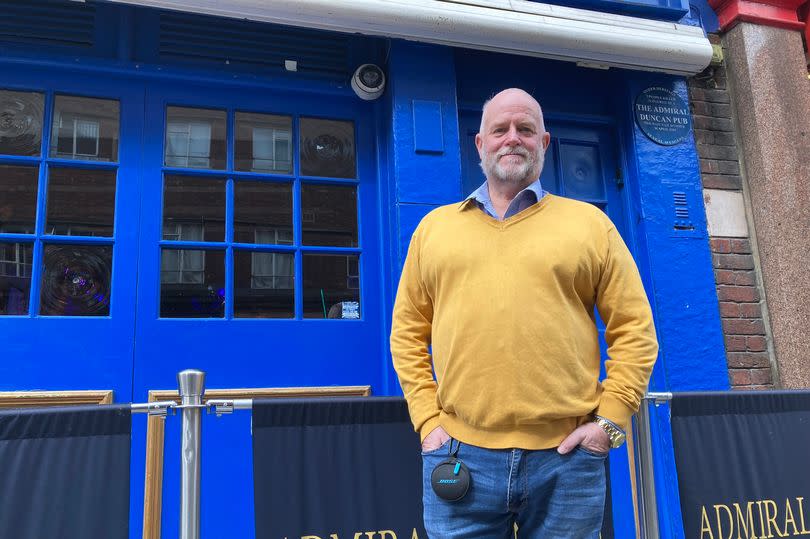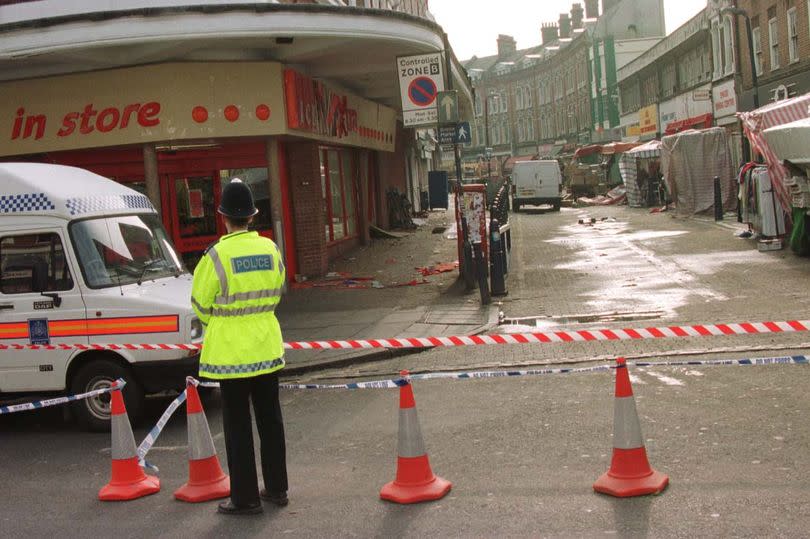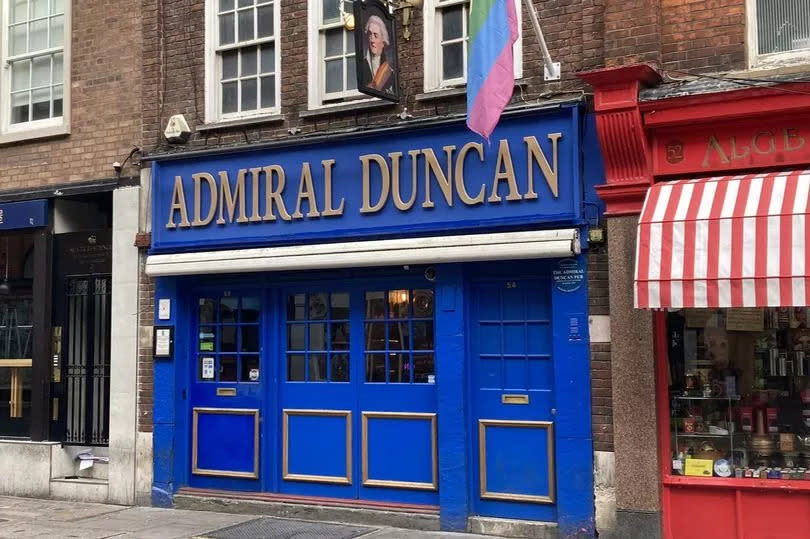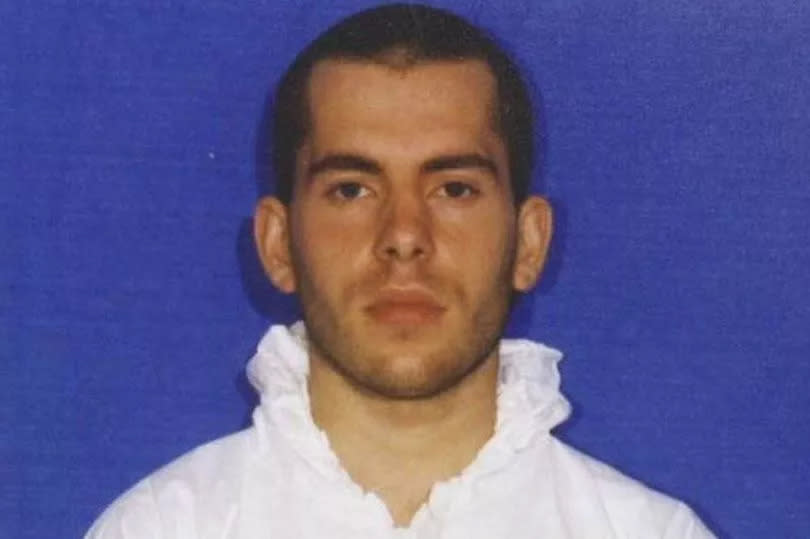London nail bombings: 'I was minutes away from death but being polite saved my life'

It was a warm late April’s evening in 1999. The Admiral Duncan pub on Old Compton Street in Soho was filling fast. Drinkers were keen to kick off the Bank Holiday weekend. Music blared, people got lost in conversation, the bar was getting busy. Everyone was beginning to unwind after work.
Unbeknownst to them, self-confessed neo-Nazi David Copeland had visited the pub and placed a bomb laced with 1,500 nails at the foot of the bar, according to the BBC. At 6.37pm on April 30, the bomb exploded, tearing through the popular Soho bar, killing three and injuring at least 70 people.
Those who died would be later named as John Light, 32, Nick Moore, 31, and Andrea Dykes, 27, who was pregnant at the time. Copeland, who had carried out attacks on Black and Asian communities in Brixton and Brick Lane earlier in the month, was arrested and sentenced to six life sentences for the heinous attacks. As the 25th anniversary of the attacks draw near, MyLondon spoke to survivors and community members about that horrific day.

Gary Fellowes, 65, arrived at the Admiral Duncan around 6pm after finishing work in Whitehall later than usual. He was meeting friends and was sat at the back of the bar when the bomb exploded.
He said if a friend hadn’t stopped him for a chat, he would have probably died. He told MyLondon: “I was about to go to the bar to get a drink when a friend introduced me to a friend of his and I thought ‘I can’t be rude. Let’s chat for a few minutes before I go get a drink’. It must have been what saved me because the bomb was at the bar.”
The next thing he remembers seeing is a bright blue light flash. He said: “At first, it sounded like metal hitting the ceiling and then I heard someone say ‘oh s***’.
"I thought someone had split beer on the jukebox and caused it to smoke up but the next thing I knew was there was this deafening silence and the smell of sulphur. There was so much smoke swirling around and that’s when I knew it was a bomb.”
Gary, an asthmatic, began to worry he may never see his parents again. He eventually stumbled out and made his way up the road to the King’s Arms where staff called an ambulance.

He noticed his boots were singed with metal and his shirt was covered in someone else’s blood. He was treated for a burnt hand and face.
Gary would find himself in the Hatfield rail crash 18 months later where he sustained a broken leg. The 65-year-old, who calls himself a “resilient guy”, said he has been humbled by these events which he said allows him to understand the angst and fear families of loved ones caught in disaster feel.
He’s also no stranger to pushing himself. He became a British Airlines cabin crew member despite being a nervous flyer. He said this helps him connect with other nervous flyers.
He said moments like the 7/7 bombings give him flashbacks and that he keeps an eye on unattended bags and isn’t afraid to “kick off” if they’re not moved. To this day, Gary refuses to mention David Copeland’s name. He said this is to rob the deranged killer of the notoriety he felt Copeland craved from his actions.

Over three weekends, Copeland targeted Brixton's Black community, Brick Lane's Bangladeshi community and Soho's LGBT community. Tragically his last attack would prove the deadliest and claim three young lives as well as the life of a child who was yet to be born.
Copeland’s terror resulted in the deaths of three people and injured 139 more. He was arrested shortly after the bombing and sentenced for six life sentences in 2000 for three counts of murder and three counts of causing explosions in London in order to endanger life.
Copeland would go on to admit the killings. When police raided Copeland’s home, they found a Nazi flag hanging on his bedroom wall along with clippings of the newspaper coverage of his attacks, according to the BBC.
Want more from MyLondon? Sign up to our daily newsletters for all the latest and greatest from across London here.

 Yahoo News
Yahoo News 
